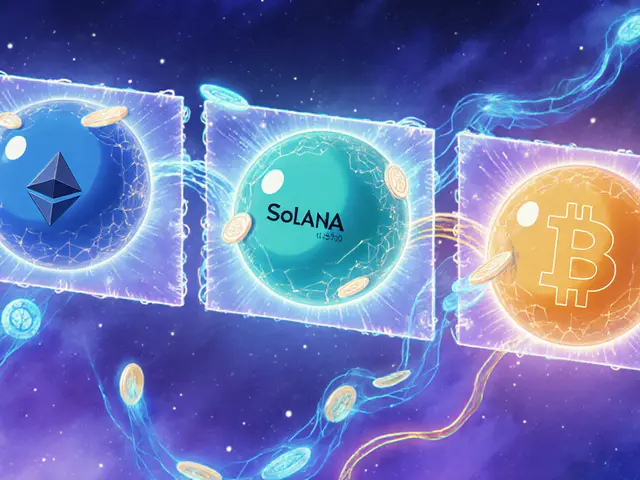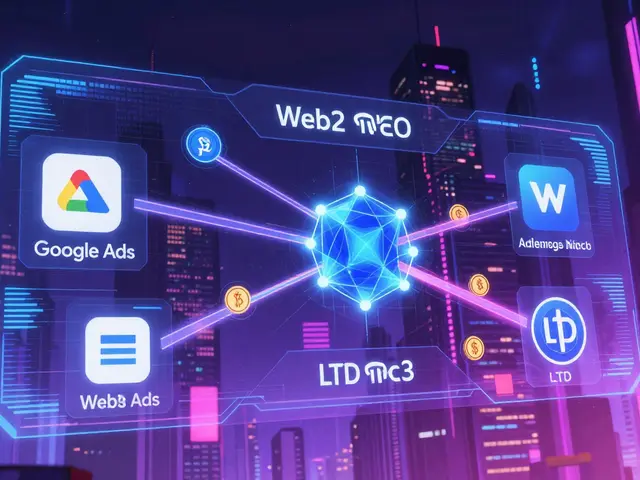BaaS – Blockchain‑as‑a‑Service Overview
When working with BaaS, Blockchain‑as‑a‑Service provides ready‑made blockchain infrastructure hosted on cloud platforms so developers can focus on building apps instead of managing nodes. Also known as Blockchain as a Service, it bridges the gap between traditional IT and decentralized tech, delivering scalability, security and rapid deployment.
One of the biggest enablers behind BaaS is cloud computing, the network of remote servers that store, process and manage data over the internet. Cloud providers supply the horsepower, storage and global reach that blockchain networks need. In practice BaaS leverages these resources to spin up nodes in minutes, run consensus algorithms, and scale resources up or down as transaction volume changes. This means a startup can launch a public or private ledger without buying expensive hardware or hiring a team of DevOps specialists.
Another core component is smart contracts, self‑executing code that lives on the blockchain and enforces business logic automatically. BaaS platforms offer built‑in toolkits for writing, testing and deploying smart contracts in languages like Solidity or Rust. By handling the compilation, gas estimation and version control, the service lets developers iterate faster and avoid costly mistakes that could lock funds forever. The result is a smoother path from concept to live contract, whether you’re creating a token, a DeFi protocol, or a supply‑chain tracker.
When smart contracts are ready, the next step is turning them into full‑featured decentralized applications, user‑facing software that interacts with blockchain back‑ends through wallets and APIs. BaaS platforms often bundle front‑end frameworks, API gateways, and authentication services, so you can focus on UI/UX instead of low‑level blockchain calls. This integration shortens time‑to‑market for dApps ranging from crypto exchanges to NFT marketplaces, and it also ensures that the underlying ledger stays in sync with the app’s state.
Beyond the tech stack, regulatory compliance has become a decisive factor for any BaaS offering. Services now embed KYC/AML checks, transaction monitoring and audit‑ready logging to satisfy global regulators. By providing pre‑built compliance modules, BaaS providers help businesses meet anti‑money‑laundering rules, data‑privacy laws, and sector‑specific licensing requirements without reinventing the wheel. This compliance layer is especially important for enterprises that want to launch tokenized assets, cross‑border payments, or DePIN projects while staying on the right side of the law.
Why BaaS Matters for Crypto Projects Today
In short, BaaS connects three critical worlds: cloud infrastructure, programmable contracts, and compliant applications. The service lets you deploy a blockchain network (cloud computing), run business logic on chain (smart contracts), and deliver a usable product to end users (decentralized applications), all while keeping an eye on regulatory expectations. Below you’ll find a curated set of articles that dive deeper into each of these pieces – from privacy‑first DEX reviews and crypto‑payment regulations to cross‑chain bridge mechanics and DePIN use cases. Explore the collection to see how BaaS powers real‑world solutions and why it’s becoming a staple for developers and enterprises alike.
What is Blockchain-as-a-Service (BaaS) - A Simple Guide
A clear, jargon‑free guide that explains what Blockchain-as-a-Service is, how it works, its benefits, drawbacks, top providers, use cases, and a starter checklist.












